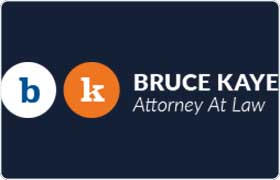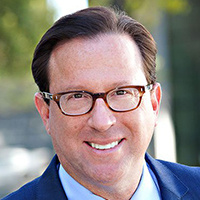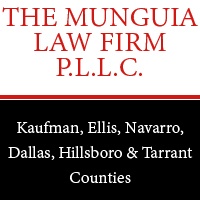Milford Felony Lawyer, Texas
Sponsored Law Firm
-
 x
x

Click For More Info:
-
Law Offices Of Bruce C. Kaye
400 N. St. Paul St.1110 Dallas, TX 75201» view mapCriminal Defense Law Changing Lives, One Case At A Time
The best thing about running my own practice is the opportunity to give my clients the individual attention they deserve.
800-920-9461
Not enough matches for Milford Felony lawyer.
Below are all Milford Criminal lawyers.
Jesse Munguia
✓ VERIFIEDCivil Rights, Juvenile Law, Estate Planning, Family Law, Employment
The Managing Attorney is Jesse Munguia. We are a full service law firm. We primarily service clients in Divorce, Child Custody, Child Support Modifica... (more)
Richard David Holmes
Juvenile Law, State Appellate Practice, Criminal, Administrative Law
Status: In Good Standing Licensed: 22 Years
Ronald Edwin Bunch
DUI-DWI, Estate Planning, Personal Injury, Administrative Law, Federal Appellate Practice
Status: In Good Standing Licensed: 41 Years
James R. Jenkins
Wills, Clean Air Practice, Collaborative Law, Criminal
Status: In Good Standing Licensed: 52 Years
Patrick M. Wilson
Government, Criminal, Administrative Law
Status: In Good Standing Licensed: 27 Years
Stephanie Wilson Johnson
Wills, Family Law, Criminal, Personal Injury
Status: In Good Standing Licensed: 24 Years
John C Mallios
Estate Planning, Personal Injury, Family Law, Criminal, Business
Status: In Good Standing
FREE CONSULTATION
CONTACTTerence A. Russell
Juvenile Law, Traffic, State Appellate Practice, Criminal
Status: In Good Standing Licensed: 37 Years
 Bruce Kaye Dallas, TX
Bruce Kaye Dallas, TX

